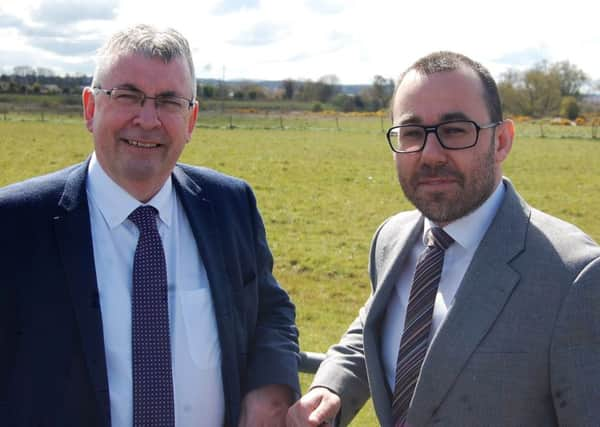Why use a trust as well as a will?


Unfortunately, a standard will is woefully short when you consider all the “what if’s” that affect virtually all families and prevent those good intentions being respected or cause your heirs to lose their inheritance.
A will does not address delays and potential costs caused by Probate or prevent generational Inheritance Tax or the potential burden placed on beneficiaries to pay any Inheritance Tax liability prior to receiving their inheritance.
Let’s consider the following possibilities or “ What If’s”.
What if your spouse remarries after being widowed?
Advertisement
Hide AdAdvertisement
Hide AdWhere is the certainty then? What might happen his or her inheritance? Legally, without provision, the new spouse may be likely to benefit from your spouse’s death. Your grandchildren’s inheritance could be diluted or they could be completely disinherited.
What if a beneficiary, ie son or daughter was to become divorced or separated?
The estate, you worked so hard for, could end up in the hands of people you haven’t even met yet.
What if your beneficiaries, ie son or daughters, were to suffer financial hardship?
Advertisement
Hide AdAdvertisement
Hide AdCreditors could seize the inheritance that you were certain they would benefit from.
What if a beneficiary i.e. son or daughter dies prematurely without making their own arrangements?
All of a sudden those adored grandchildren may have your intended wishes of wealth threatened by a new spouse because you have failed to protect the downward bloodline.
What if a beneficiary is reliant on state benefits?
Would you want your son or daughter to lose out on their livelihood, just because you left them a house or money directly? If the money or house were to be received via a trust the capital would not form part of their estate and could not be considered during means testing.
Advertisement
Hide AdAdvertisement
Hide AdWhat if a beneficiary, ie son or daughter isn’t ready to receive their inheritance?
Sometimes it isn’t always best for a son or daughter to receive their inheritance in one go. If they are young, a vulnerable adult, or struggling with drug, alcohol or gambling addictions, for example, it might be preferable for their inheritance to be released in stages and under supervision by a trusted friend, family member or professional.
What if your will is challenged?
Under “Provision for family and dependents Act 1975’ a person who has either been disinherited entirely or left only “unreasonable provision” can make a challenge against a person’s estate for greater financial provision.
A trust is, without a doubt, the most robust way to ensure that any challenge would be unsuccessful, not least because it removes the need for inheritance in its literal sense. The trust will survive you and control passes to the Trustees you appointed on the date of death. There is no need to change ownership of assets in a trust and only those named as beneficiaries are entitled to the benefit of those assets.
Advertisement
Hide AdAdvertisement
Hide AdWhat if beneficiaries can’t pay Inheritance Tax straight away?
Assets placed into trust won’t necessarily avoid Inheritance Tax but, as they are not subject to Probate, the trust beneficiaries can access them immediately.
What if, after receiving a large estate minus death duties a son or daughter dies prematurely?
It is not unusual for assets to create an IHT liability more than once. Leaving assets to someone via a Trust can prevent those assets ever forming part of any beneficiaries’ estate. This will therefore avoid future generation IHT for the duration of the 80 years a trust can last in Northern Ireland.
For guidance about how best to leave your estate using trusts contact Glenn or Aodh at Welby and Associates, The House of Vic-Ryn. 02892622910. Initial appointment will be free of charge.